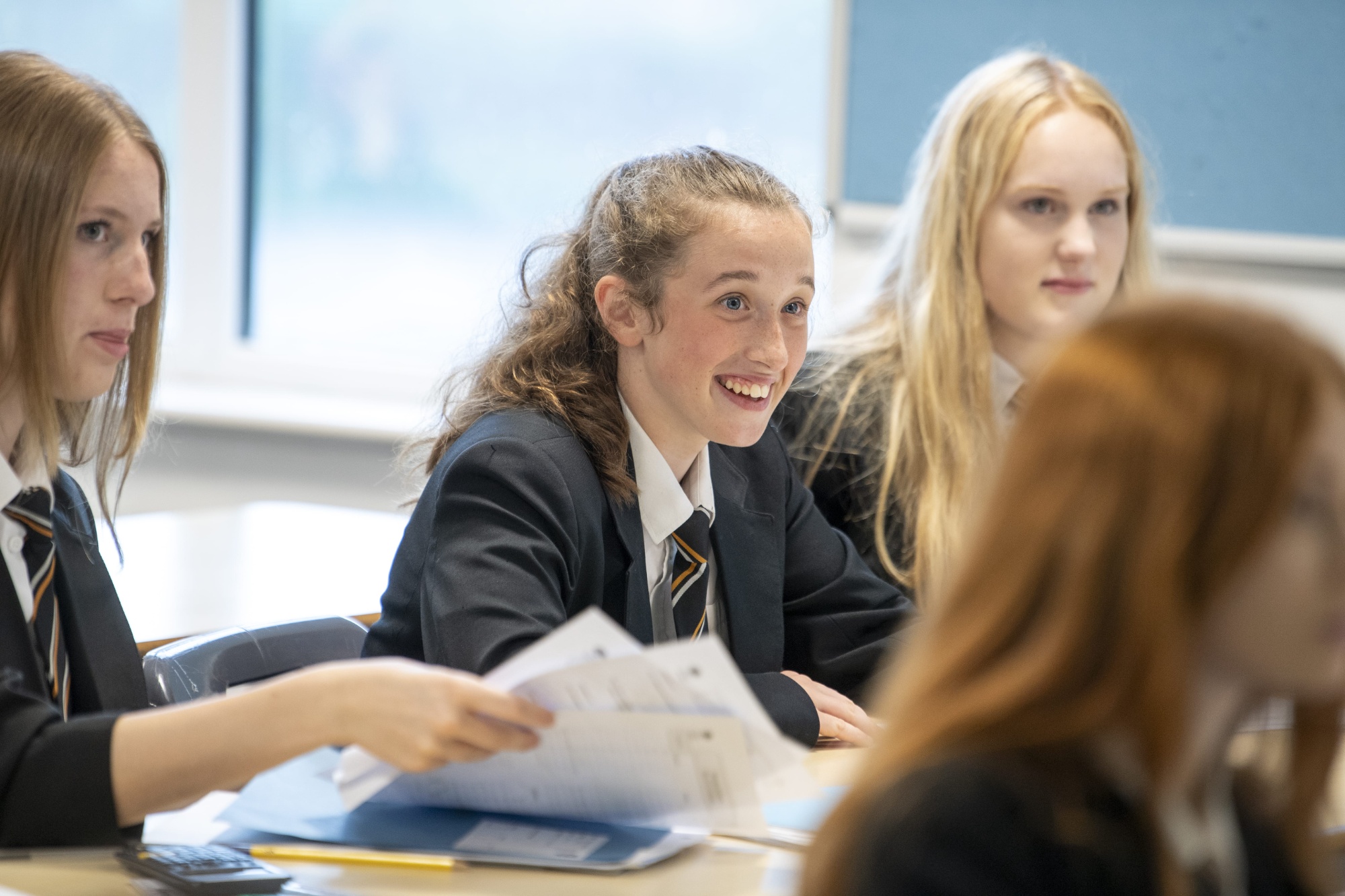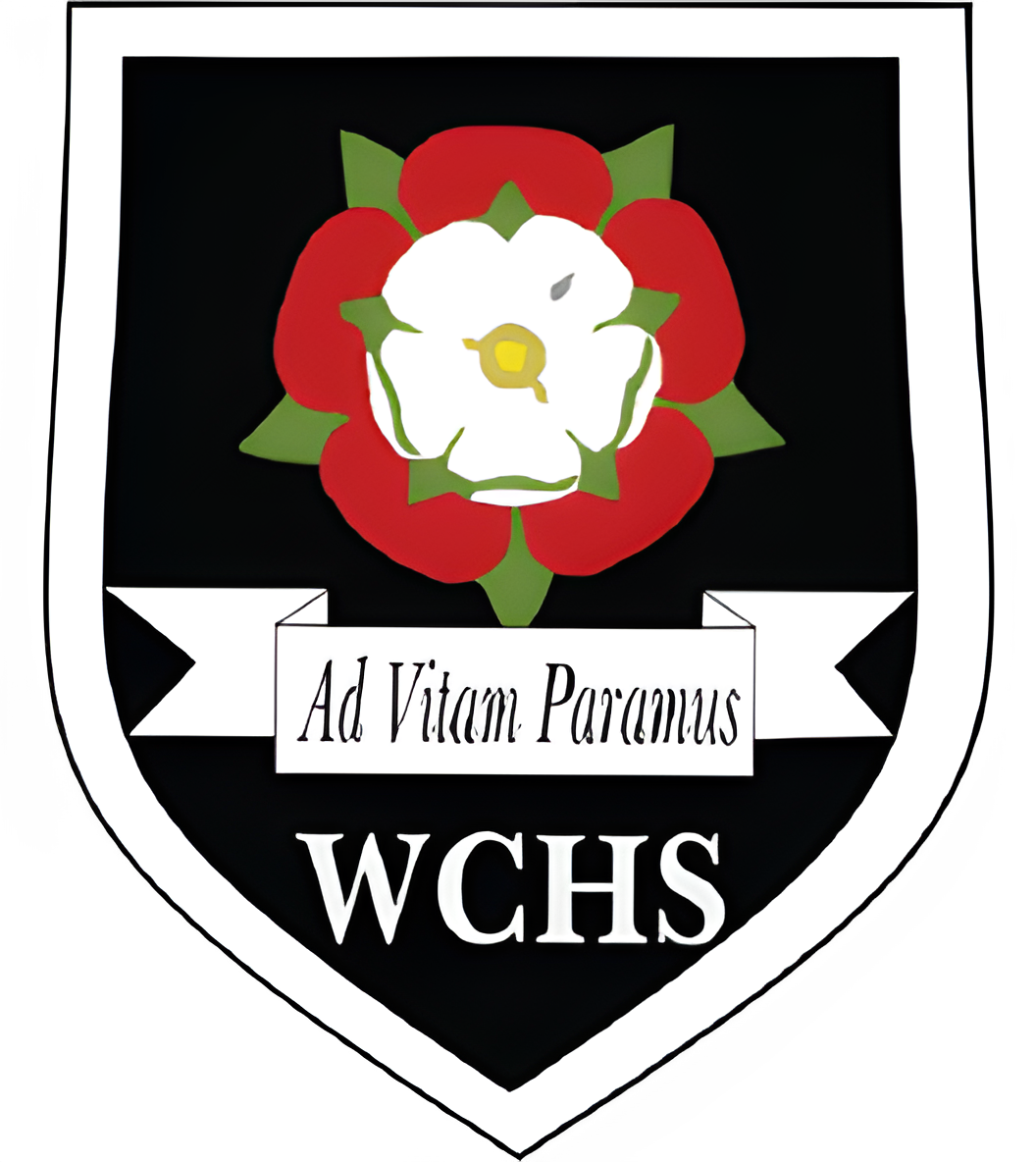History

The History curriculum at WCHS intends to challenge the individual abilities of all the students, is relevant, inclusive and prepares them for future study and for life beyond the classroom. As students are all individuals the curriculum aims to meet the needs of all learners, including those with additional needs. Schemes of learning promote the key knowledge, skills and understanding required to study history successfully and foster an enjoyment of the subject. Our history curriculum is broad and balanced, with clear progression from one key stage to the next, providing the foundation on which to build their success in external exams. The schemes of learning are seen as a continuum from Key Stage 3 through to Key Stage 4 (GCSE).
At WCHS we have implemented an enquiry-based curriculum at Key Stage 3. This ensures that each lesson plays a key part in the learning journey and encourages students to be inquisitive. Lessons are carefully planned and sequenced to ensure that history national curriculum content is addressed alongside the key skills.
Students will develop a sense of chronology through the study historical events at local, national and international level. Students will identify significant events, make connections, draw contrasts and analyse trends over a period of time. They will develop key historical skills including second-order historical concepts (cause and consequence, change and continuity, similarity and difference, significance); as well as engaging with the use of historical sources and interpretations, analysing and evaluating how the past is constructed and interpreted in different ways).
Year 7
In Year 7 students are introduced to the use of historical sources and historical terms through the investigation of history mysteries: What happened to Tollund Man and the disappearance of Amelia Earhart? Our study of the Romans encourages students consider the legacy of the Roman invasion of Britain. Students next focus on the power of the medieval monarchy through an enquiry in depth to address the question Why did William win the battle of Hastings? It allows students to recognise that multiple factors are often involved and that there is often not one definitive answer. The enquiry into life under the Normans looks at how the historian Simon Schama evaluates the impact of the conquest. Students are exposed to how history is made of competing narratives and that not everybody at the time experiences the same event in the same way. The Students will learn about the development of the church, state and society in medieval Britain. The enquiry into the conflict between the king and the church will deepen knowledge and chronological understanding. Year 7 ends by investigating the power of medieval queens and encompasses the historical concepts of continuity, change and significance.
Year 8
In Year 8 students participate in enquiries that focus on the world in turmoil. They learn about the development of the church, state and society if Britain. Students build on the work from Year 7 as they challenge the interpretation of the historian David Starkey on the reign of Henry VIII and that of Helen Castor on the reign of Elizabeth I, re-visiting the notion of history being composed of competing narratives. Students also examine the relationship between the crown and the people exploring the causes and consequences of the English Civil War. They also investigate the transatlantic slave trade and its impact through the questions that continue to be raised about this period in history. This links to the study of the British Empire and demonstrates to students how events cannot be seen in isolation. The enquiry into the industrial revolution and how it changed Britain affords us the opportunity to investigate the event in a local and national context.?
Year 9
In Year 9 students focus their studies on events from the twentieth century. Students will learn about the challenges for Britain, Europe and the wider world. This first enquiry examines and the causes of World War 1 and why there were so many deaths using accounts from the period, including a study of the Battle of the Somme. Students also consider the impact of the event on groups of people such as women and minorities. We also study the key events of World War 2, including The Holocaust. This allows students to re-visit and further develop their understanding of second order history concepts of change and continuity, similarity and difference and significance. In the study of the Civil Rights movement students analyse the role played by Martin Luther King Jr and others in the fight for equality. The year ends with an enquiry into the dropping of the atom bomb and the Cold War.?
In Year 10 and 11 students follow the GCSE history exam specification offered by AQA.
Year 10
Britain: health and the people (Thematic study)
This thematic study will enable students to gain an understanding of how medicine and public health developed in Britain over a long period of time. It considers the causes, scale, nature and consequences of short and long term developments, their impact on British society and how they were related to the key features and characteristics of the periods during which they took place. Although the focus of this study is the development of medicine and public health in Britain, it will draw on wider world developments that impacted on the core themes. Students will have the opportunity to see how some ideas and events in the wider world affected Britain and will promote the idea that key themes did not develop in isolation, but these ideas and events should be referenced in terms of their effects on the core theme for Britain and British people.
Students will study the importance of the following factors:
- war
- superstition and religion
- chance
- government
- communication
- science and technology
- the role of the individual in encouraging or inhibiting change.
Students will show an understanding of how factors worked together to bring about particular developments at a particular time, how they were related and their impact upon society.
Germany, 1890 – 1945: Democracy and dictatorship
This period study focuses on the development of Germany during a turbulent half century of change. It was a period of democracy and dictatorship – the development and collapse of democracy and the rise and fall of Nazism. Students will study the political, economic, social and cultural aspects of these two developments and the role ideas played in influencing change. They will also look at the role of key individuals and groups in shaping change and the impact the developments had on them.
Year 11
Conflict and tension: the inter-war years, 1918-1939
This unit enables students to understand the complex and diverse interests of different individuals and states including the Great Powers. It focuses on the causes of the Second World War and seeks to show how and why conflict occurred and why it proved difficult to resolve the issues which caused it.
Norman England: 1066 – 100
This option allows students to study in depth the arrival of the Normans and the establishment of their rule. The depth study will focus on major aspects of Norman rule, considered from economic, religious, political, social and cultural standpoints of this period and arising contemporary and historical controversies.
Learning Journeys
Year 7 History Learning Journey
Year 8 History Learning Journey
Year 9 History Learning Journey
Year 10 History Learning Journey
Year 11 History Learning Journey
To find out more about our History curriculum, please contact Mr W Davidson, Head of Humanities and MFL, by emailing wdavidson@westcraven.co.uk or phoning the main office to arrange a call back.
